Youth Advocacy in Action (Spring 2023)
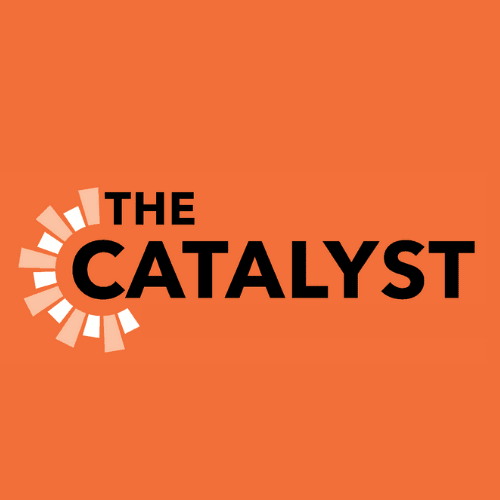
Why I Show Up for Young Women and Girls
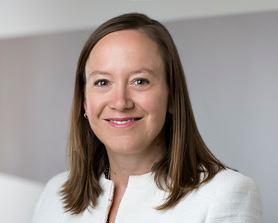 As this tumultuous year draws to a close, I am feeling particularly proud of the work PAI does in partnership with others—especially the youngest advocates who are leading change on behalf of women and girls around the world. It brings to mind two girls I knew long ago, who influenced where I sit today.
As this tumultuous year draws to a close, I am feeling particularly proud of the work PAI does in partnership with others—especially the youngest advocates who are leading change on behalf of women and girls around the world. It brings to mind two girls I knew long ago, who influenced where I sit today.
Tikoro and Fersinome were just 12 or 13 years old when we met during my Peace Corps service in the Central African Republic more than 20 years ago. They were my lifelines. They taught me how to do my laundry, how to bathe with no running water, how to cook over an open fire—essentially, how to survive thousands of miles from home.
I remember so clearly the buzz in our community as Tikoro, Fersinome and other girls prepared “to go away” for a few days. And I remember when the day of their departure arrived. They stopped by to see me. They were on their way to a critical rite of passage ceremony—their female genital cutting.
The girls seemed excited about this journey into womanhood. Yet all I could see were the health and other life-changing consequences that awaited them—the possible early marriages and children, and the challenges that come with both. There was nothing I could say that would honor the reality and, in the moment, inevitability of their tradition. That’s when our shared humanity transcended everything else; all I could do was let them know I loved them and that I’d be there when they returned.
Looking back, I realize it was this, among a few notable others, that absolutely set me on the path to becoming an advocate for women’s rights.
Tikoro and Fersinome didn’t have the ability to make choices around their own health and reproduction. I became determined to change that.
My commitment to making my life matter to those two girls led me to PAI. After all, Tikoro and Fersinome had always shown up for me when I needed them and working at PAI is my opportunity to show up for them and girls like them. That’s why it’s imperative that we invest in young people around the world, and our YOUAccess fund provides us with a concrete opportunity to do just that.
We’re supporting youth-led organizations on everything from writing proposals to planning advocacy campaigns, leading to locally driven, sustainable advocacy. And I am grateful to donors
like you who help us carve out this intentional space to invest in young people.
I don’t know what became of Tikoro and Fersinome, as the Central African Republic was plunged into conflict and violence when I left the country and it has been nearly impossible to maintain contact with loved ones. But as another year closes and a new one begins, they are with me, as they have been all these years, motivating me to continue the fight for women’s and girls’ reproductive rights around the world.
Sincerely,
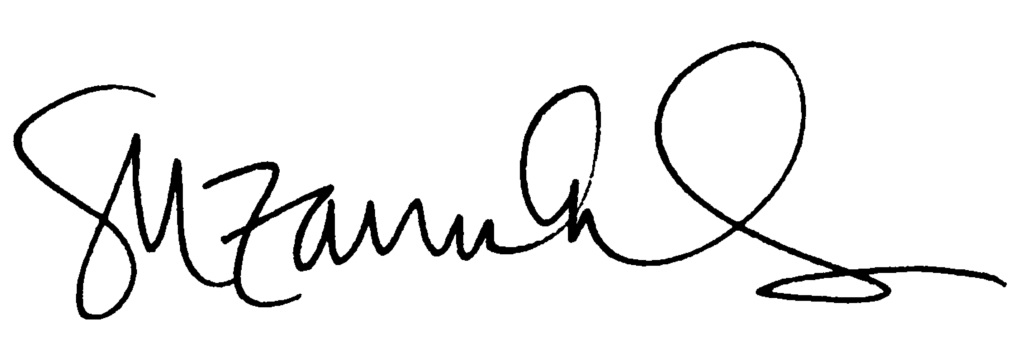
Suzanne Ehlers
President and CEO
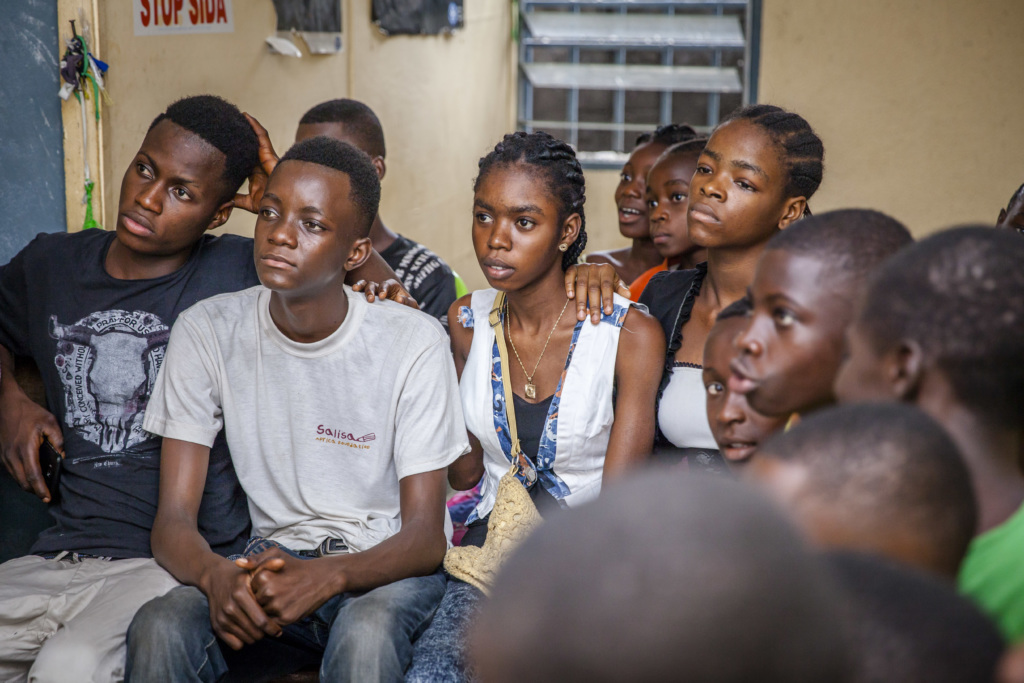
Young people in every country face specific challenges related to their sexual and reproductive health and rights. This includes having to navigate harmful social norms, discrimination, violations of their privacy and outright denial of services. But adolescents and youth also have the potential to tackle these challenges and advance sexual and reproductive rights in their communities.
That’s why PAI offers dedicated support to youth-led organizations and youth leaders worldwide—specifically for advocacy work—through our YOUAccess fund. Our support provides them with financial resources and guidance as they spearhead their own advocacy efforts and advance policies that directly impact young people’s sexual and reproductive health and rights.
From reducing adolescent pregnancy rates, to expanding access to youth-friendly services, to making menstrual hygiene supplies available, our youth partners are creating a future where their voices are heard and their rights are respected. Many of these leaders are young women who have become powerful forces for change. Through PAI’s partnership, they can take their leadership to the next level.
“Young people are best positioned to represent the reality of the challenges they face—and offer viable solutions,” says Allie Doody, PAI senior international advocacy associate. “By partnering with youth and youth-led organizations in meaningful ways, we empower them to hold their governments accountable, lift up youth concerns and ultimately better their health overall—but especially their sexual and reproductive health.”
And around the globe, youth are making a difference. In Kenya, we partner with the young women-led nonprofit Women Promotion Centre, which held forums to encourage the government and other key stakeholders to implement vital aspects of the national sexual and reproductive health policy. As a result, youth centers dedicated to giving young people better access to reproductive services are being expanded.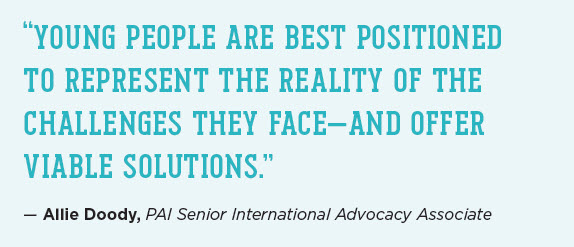
In the Mexican southern state of Chiapas, young indigenous leaders at PAI partner Observatorio de la Mortalidad Materna are instrumental in the implementation of a national policy to prevent teenage pregnancy and ensure health services are meeting the needs of indigenous youth in the region. And in Zambia, when one of our partners saw that girls were missing and leaving school because sanitary napkins were unavailable, she raised enough money to buy and stock schools with pads. She then grew the effort into Copper Rose Zambia, a nonprofit which educates people about their sexual and reproductive health and rights, including helping young people meaningfully engage in policy discussions.
Your continued support of PAI helps fuel the advocacy work of young leaders from Latin America and the Caribbean, as well as across Africa, to strengthen their sexual and reproductive health and rights. Learn more below.


PAI Grantee Tenin Traore on How She Found Her Passion for Advocacy
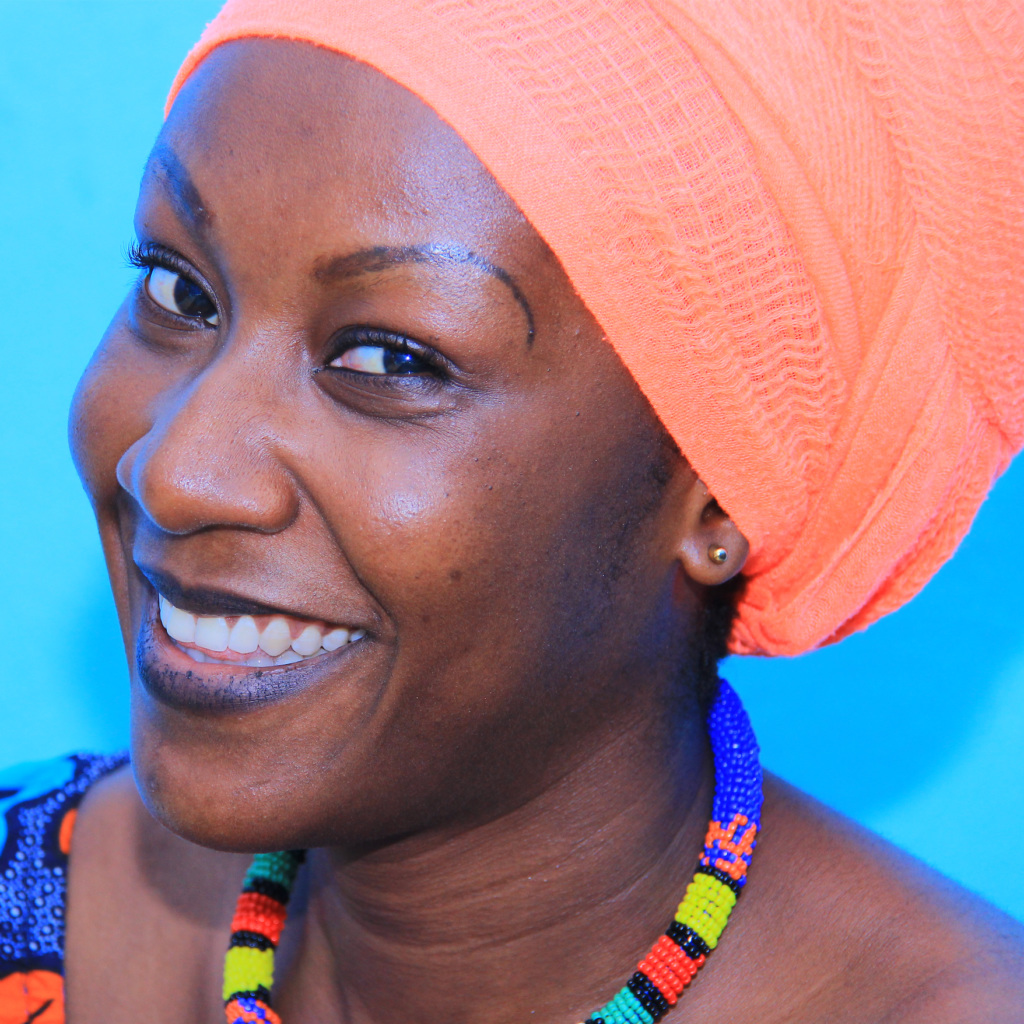
One of my closest friends inspired my work today.
She was 19 then, and pregnant. Scared and ashamed. She didn’t want her secret revealed; didn’t want to seek help from a service provider. Instead, she decided to visit traditional herbalists to help her end her pregnancy.
My friend died a day later because of complications from this unsafe abortion. It was in that moment that I knew I had a responsibility to change the circumstances that led to her death.
Today, I am a program officer with the nonprofit Mission des Jeunes pour l’Education, la Santé, la Solidarité et l’Inclusion (ONG MESSI), which works on adolescent and youth sexual and reproductive health issues in my country of Cote d’Ivoire. We strive to make sure that young people are always at the table on these issues. I believe they have to be. No one in any ministry or agency can speak directly to the nuanced needs of youth better than people of the same age, with similar lived experiences. The obstacles we face are our own, and the solutions developed to address them won’t be relevant or effective unless we are involved in the process.
 I’ve seen what happens in Cote d’Ivoire when young people are not included in every stage of developing and implementing policies that ultimately affect our well-being. We are invited to policy discussions, but just as spectators. And when this happens, young people are shut out from opportunities to intervene on policies that are written to address our lives.
I’ve seen what happens in Cote d’Ivoire when young people are not included in every stage of developing and implementing policies that ultimately affect our well-being. We are invited to policy discussions, but just as spectators. And when this happens, young people are shut out from opportunities to intervene on policies that are written to address our lives.
Getting decision makers to carve out time and space for us outside of their campaign events is our biggest challenge here. But with PAI’s support, we continue to fight on and be innovative, and slowly, we’re making progress. For instance, after repeated failed attempts to meet with the mayor of the central district of Abidjan, we changed our strategy and instead sought time with the mayor’s deputy. He met with us and supports our cause. That helped lead to a meeting with the mayor’s director of youth engagement, who now wants to hold a working session to discuss our advocacy objectives of increasing the district budget for youth services. It’s a big win for us because we’re right in the mayor’s inner policy circle.
When I was an adolescent, I realized there weren’t resources for youth to learn about our sexual and reproductive health. Today, I am trying to change that, and trying to urge government leaders to listen to us. I do it so that no other young person will be in the position that my friend was years ago.
For PAI Donor Amy Salzman, Empowering Women is Vital to Making the World a Better Place
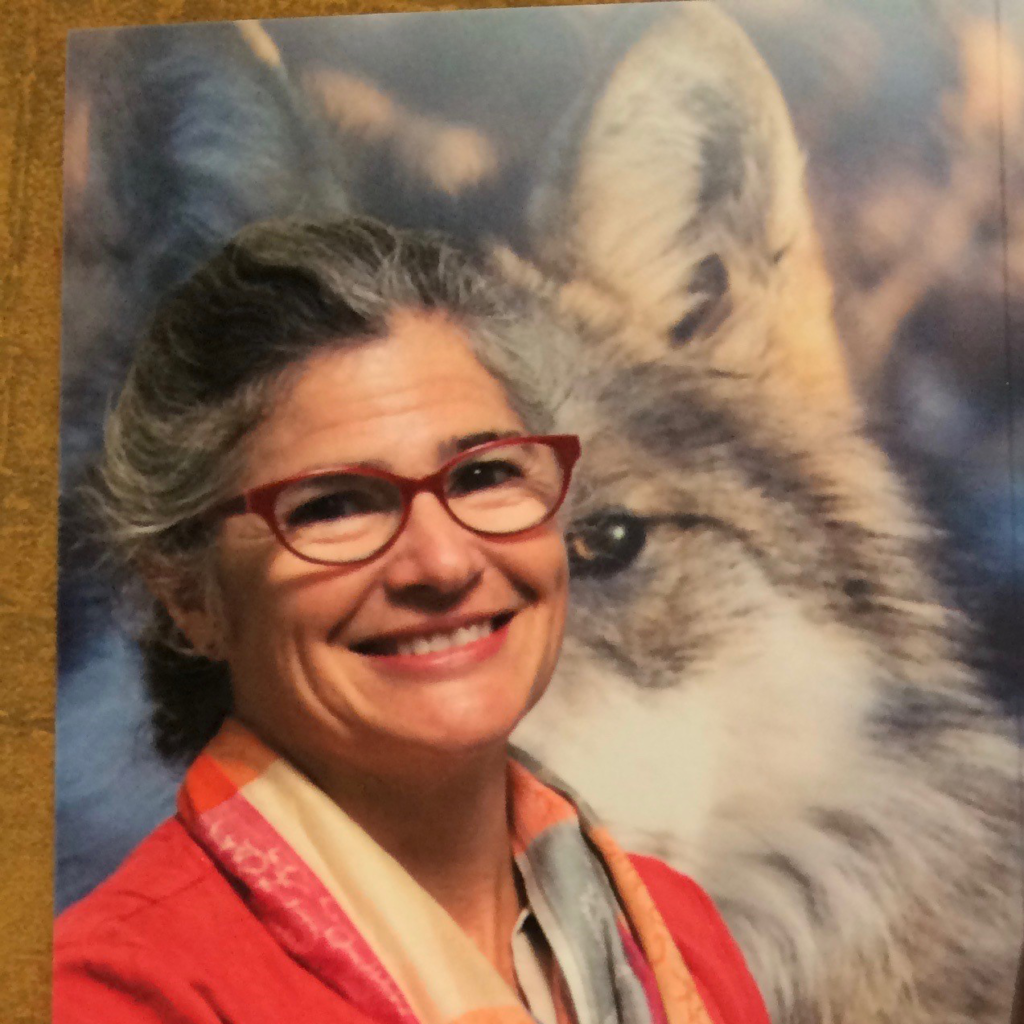 An environmental policy expert, Amy Salzman had dedicated her entire career to high-level domestic and international policy issues. But after her role in the Obama administration working on a variety of national environmental and energy issues, Salzman decided to focus on becoming more involved in local, tangible matters. The New York City native—who is an adjunct professor at New York University School of Law and an independent consultant—has since donated and given her time to a variety of environmental causes focusing on state, local and regional issues.
An environmental policy expert, Amy Salzman had dedicated her entire career to high-level domestic and international policy issues. But after her role in the Obama administration working on a variety of national environmental and energy issues, Salzman decided to focus on becoming more involved in local, tangible matters. The New York City native—who is an adjunct professor at New York University School of Law and an independent consultant—has since donated and given her time to a variety of environmental causes focusing on state, local and regional issues.
But her interests don’t end there. “The issue I really saw myself wanting to work on in addition to climate change is women’s empowerment,” says Salzman,
later adding that if more women had the opportunity to lead and contribute to their communities, the world would be a better place.
Enter PAI. She had known about the organization for many years and learned more when she worked in the 2000s at the Wallace Global Fund, which supports PAI. Then, fast forward to two years ago. “In the way this small world spins,” Salzman says, she found herself at a small gathering at a friend’s house—the friend was PAI board member and treasurer, Suellen Lazarus. She reconnected with the organization’s mission. And she also caught up with another former Wallace staffer: Suzanne Ehlers, PAI’s CEO and President.
Salzman has been a donor ever since.
“PAI’s approach to female empowerment resonates with me. I strongly believe that if we have knowledge, education and access to the economy, medical services and political systems, we will do well, we women,” Salzman says. “Being able to participate fully in those issues depends on access to basic needs,” such as reproductive health information and
services.
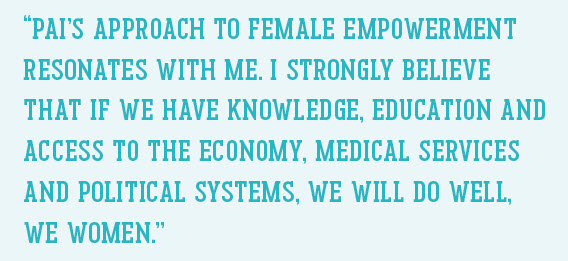
Salzman added that she is also drawn to PAI’s commitment to partnering with, supporting and building the capacities of local groups and individuals
to make a difference for women and girls. “Working from the bottom up is essential to make positive change durable,” she says. “PAI doesn’t tell [partners] what to do; they give them the opportunity to do better. To me, that’s just the right way. It often takes a lot longer, but it is the way to make lasting change.”
She also believes PAI’s approach to advocacy and partnerships is particularly significant for the youngest of change-makers around the world.
Whether PAI’s youth partners “stay in the women’s reproductive health space or not, they’re going to have these incredible leadership skills,” says Salzman, who has worked with young people on environmental issues. “And these women will be advocates for women’s reproductive health for the rest of their lives.”
Stay informed about the issues impacting sexual and reproductive health and rights.